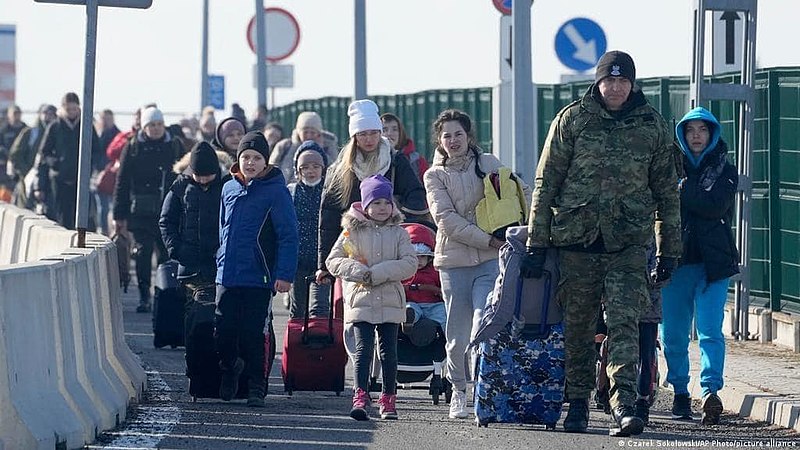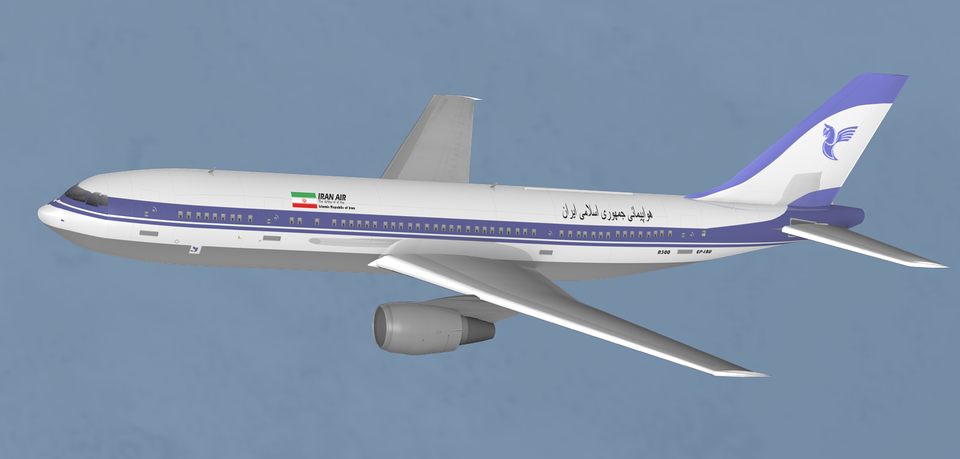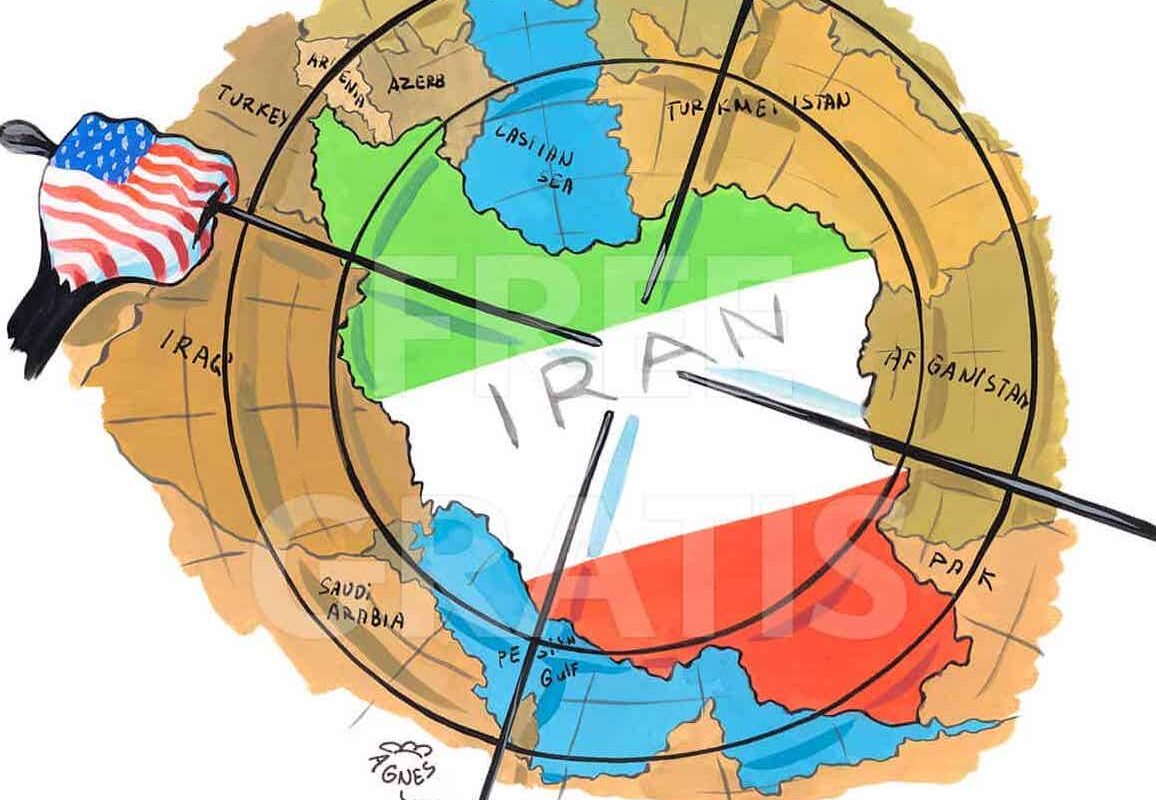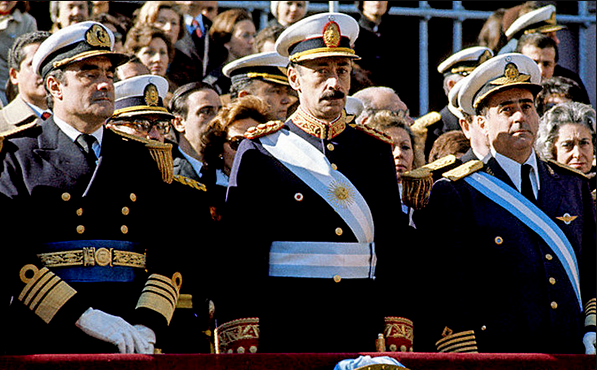If you haven’t already heard, Ukrainian refugees are different. According to Bulgarian Prime Minister Kiril Petkov, “These are not the refugees we have been used to”. The leader of Spain’s Vox party, Santiago Abascal, agrees. He believes that, “Anyone can tell the difference between them (Ukranian refugees) and the invasion of young military-aged men of Muslim origin”.
“Military-Aged Men”
What is a military-aged man? Presumably it’s any male between the ages of 18 – 60, i.e. most men. Abascal talks about young men but rather than refer to them as simply that, he emphasises their suitability for the military as if to say they ought to stay at home and fight for their country – that being a young man means you cannot possibly be in need of refuge, or that being of a “military-age” makes you a risk to our security.
It doesn’t really matter how his comment was intended because whatever the case may be, it resonates with those of us angered by images of male refugees crammed into little dinghies. Why are young, fit men coming to Europe? Are they coming to take our jobs while their wives, sisters, mothers and children are left to suffer? The first thing we want to know is why the safety of women and children isn’t a priority. The answer might surprise you: it is.
Protecting Women and Children
Take a look at Ukraine: it’s in Eastern Europe and borders several member states of the European Union: Poland, Hungary, Slovakia and Romania. Governments and aid organisations have been working hard to open up humanitarian corridors so that refugees can flee safely into the European Union and other neighbouring countries.
Despite being located in Europe and the presence of direct routes across Ukraine’s borders, women and children are at risk of human trafficking. Warnings of traffickers posing as volunteers and offering lifts to women abound on social media and while many of these posts are unverified, the high risk of sexual abuse, violence and exploitation posed to women and children fleeing war zones is not. The UN has clearly documented the risks involved for women and children fleeing war zones and if the risk is high while fleeing across a single border, imagine fleeing across continents.
Human trafficking is not the only risk that disproportionately affects women and children. It is perfectly legal to apply for asylum in Europe but the funds and documents required to travel make it impossible for a great many refugees to reach here safely. Instead, refugees are forced to embark on a perilous journey across the sea and many do not survive.
A Swedish study from 2012 has indicated that survival rates are low for anyone capsized at sea but that crew members and strong swimmers have better chances of survival. Under these extremely physically demanding conditions, women and children are least likely to survive. Women and children still attempt these dangerous crossings but it is primarily young, fit men who volunteer their lives in the attempt to create a better life for themselves and for their families.
Providing For Families
We also want to know how young, fit, foreign men looking for work in our countries can possibly be justified. The answer to this question can be found by looking at our own society. It has become increasingly common in the West for both men and women to work outside the home in order to provide for their families. Despite this, women continue to take on the majority of child-rearing responsibilities, often taking breaks from their careers or reducing their working hours in order to do so.
For heterosexual couples this may make financial sense, since men still tend to be the major wage earners. Should a situation arise in which families must send a single family member off in search of better economic opportunities, they are likely to send whoever has the most earning power. The result is that even in Western Europe, where the gender wage gap is smaller than elsewhere in the world, it is more often than not the man who ends up working further afield in order to bring the money home. This financial responsibility can be a burden for men because, even as equal numbers of women enter the workforce and the pay gap decreases, there is still an expectation in our society that men should be able to provide.
The greater the gender wage gap, the less practical it is for women to work outside the home and the fewer incentives there are to do so. Where this is the case, the pressure on men to provide financially is enormous. In countries ravaged by war, economic sanctions, foreign occupation or governmental corruption, it is not always possible for men to find jobs that would enable them to provide for their families. It goes without saying that even fewer opportunities exist for women and that women are less likely to have relevant work experience.
Under such circumstances, men have little choice but to seek out countries in which they might be able to earn enough money to put food on the table. For entire families forced to flee their homes, they do not only need money but also a safe place to rebuild their lives. The difficulties involved in travelling have already been mentioned, but it is worth pointing out that for a single person travelling alone the journey is fraught with complications. For entire families, it is a logistical nightmare.
While men gamble their lives in search of better conditions for their families, it is often more sensible for women and children to remain in refugee camps. It is incorrect that most refugees are male: the global population of refugees is divided fairly evenly between males and females. Women are simply less visible because while their fathers, sons, husbands and brothers are out at sea, the women are often in camps waiting on tenterhooks to hear from their male family members. The truth is that photos of bodies washed up on shore often reach our television screens before any news makes it back to the refugee camp.
Muslim Invaders
Another thing we really want to know about refugees is whether or not they pose a threat to us. Kiril Petkov, the Bulgarian prime minister, voices these concerns when he speaks of refugees with “unclear pasts” who “could even have been terrorists”. Abascal is more explicit, singling out men of “Muslim origin” and calling them invaders “who have launched themselves against European borders in an attempt to destabilise and colonise it”.
While his claim that Muslim men are attempting to colonise Europe is a far cry from reality, it nevertheless strikes a chord with people who, in light of a number of terrorist attacks linked to Islamic fundamentalist movements that have occurred in the West in recent years, associate Islam with terrorism. Given the high profile nature of these attacks and the emphasis the media has put on the religious identity of attacks carried out by Muslims, it is clear where this fear stems from.
Our fear is not, however, proportional to the actual threats posed to us by terrorism. According to the 2022 Global Terrorism Index, people living in the West are extremely unlikely to become victims of terrorism since 97% of all deaths from terrorism occur in conflict zones. Muslims are, by an extraordinarily large margin, the group of people most likely to be victims of terrorism, a statistic which they are no doubt devastatingly aware of. Still, with the Western media putting so much emphasis on Islamic extremism it is a difficult topic to discuss rationally. “That’s because they’re in Muslim countries”, people reason when confronted with statistics. “What about terrorism in the West?”
Well even here, non-Muslims are safer than Muslims should a terrorist attack actually take place. The Global Terrorism Index reveals that politically-motivated terrorist attacks, and in particular attacks conducted by the far-right, pose a far greater threat to our security than attacks motivated by religious ideology. Far-right attacks are five times more likely to happen than attacks associated with any religion, suggesting that we should be much more wary of the people describing Muslims as “invaders” than of Muslims themselves.
It is easy to understand peoples’ misconceptions of Islam due to the disproportionate amount of negative attention drawn to Muslims in the media, as well as the masses of inaccurate interpretations of Islam posted by hostile sources online. Prominent political figures only exacerbate the issue, because rather than come up with solutions to actual problems, they can scapegoat Muslims, refugees and economic migrants for an easy win. The reality is that the security risk posed to European countries by accepting refugees from Muslim countries is negligible.
“They should stay and fight!”
Finally, the opinion that young, able-bodied men should be fighting for their countries rather than claiming asylum is one that crops up all too often. We forget that the quality of other people’s lives depend on these young men’s survival and that the wars in which they’re caught up often have little to do with them.
Given that our own society continues to teach men to be providers and protectors, you would have thought we would have more respect for the young men risking their own lives in demonstration of these values. It really doesn’t matter if you agree or disagree with these concepts of masculinity, what is important here is to acknowledge the gender dynamics that draw predominantly young, male asylum seekers in our direction and not to dismiss human beings in need of support purely on account of their age, gender, religion, and the colour of their skin.
It is a wonder than anyone can speak of “the refugees we are used to” when so few of us have made the kind of effort we are making for Ukrainian refugees in order to help them and to get to know them. In any case, if we are unable to put people brave and resourceful enough to complete these astonishingly difficult journeys to good use, perhaps the problem isn’t them.




